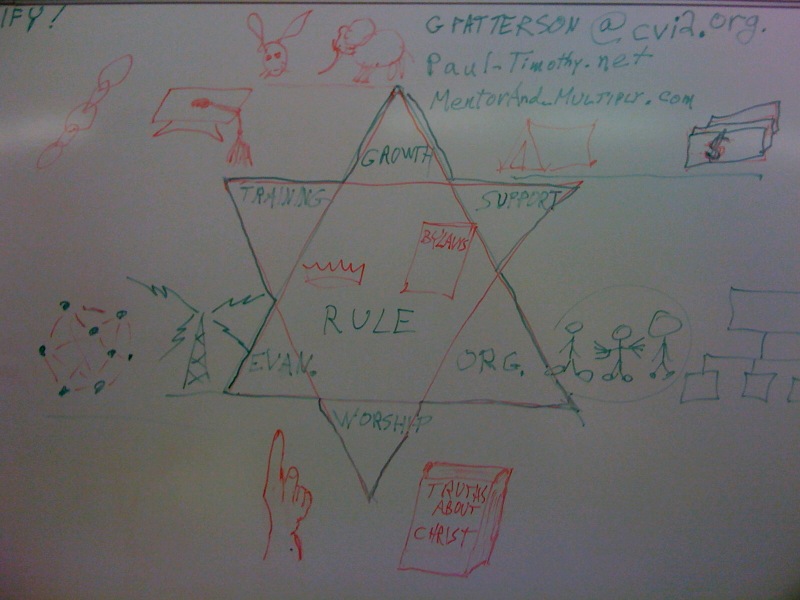Though war hasn’t breached the shores of American soil in over a hundred and fifty years, America is no stranger to fighting. The steady stream of war headlines continue to remind us that there are many who fight every day to defend our rights to life, liberty and the pursuit of happiness. But despite these reminders, the presence of fighting abroad has left an absence of fighting at home. With very little left to fight for at home, Americans are turning to alternative forms of combat.
Virtual Violence
It’s ironic that the very rights our soldiers die to secure are the rights we fight to sabotage in the gaming world. According to a recent statistic, the online gaming industry will exceed movie rentals in 2009. Virtual fighting is among game favorites. The overnight success of games like The World of Warcraft and Grand Theft Auto demonstrate that our desire for a fight is far from gone. In a new game called Deadspace, the goal is not merely killing but dismemberment. Consider www.666games.net, a website devoted entirely to violent games like Whack Your Boss, The Torture Game 2, and Orchestrated Death. The 666 Games tagline reads: “Welcome to 666 Games, we serve you the most violent, brutal, sadistic and bloody flashgames on the internet. Always keep in mind it’s just digital violence” (emphasis not added). Is this the kind of combat we have stooped to? Killing our digital boss, torturing virtual people, and orchestrating death? Is our fighting pointed in the right direction? Josh Jackson, editor of Paste magazine, cautions our unthinking participation in violent media:
Violence in the media is a terrible thing. Except of course, for those great battle scenes in The Lord of the Rings…I am really repulsed by the idea of torture-porn flicks like Saw and Hostel, and don’t understand how anyone could enjoy watching them. And I’m bothered by games like Grand theft Auto that put you in the shoes of a gangster. Yet I gleefully watch Samuel L. Jackson burst onto the scene like the vengeful hand of God and lay waste to pathetic junkies in Pulp Fiction…From the Bible to the work of Cormac McCarthy, the best stories are filled with conflict, and often that takes the form of violent antagonists and heroes who fight for justice…So where’s the line?
Where is the line? As followers of Jesus in a digital world, we must wrestle with this question. How do we engage the violence in media? Do we passively participate by cheering our favorite fighter in Ultimate Fighting or should we flip the channel to watch a rerun of Friends? Should we actively participate in virtual slaughter and simply shrug it off as entertainment or does the gospel compel us to draw a line in the sand? What does the Bible have to say about violence and fighting?


